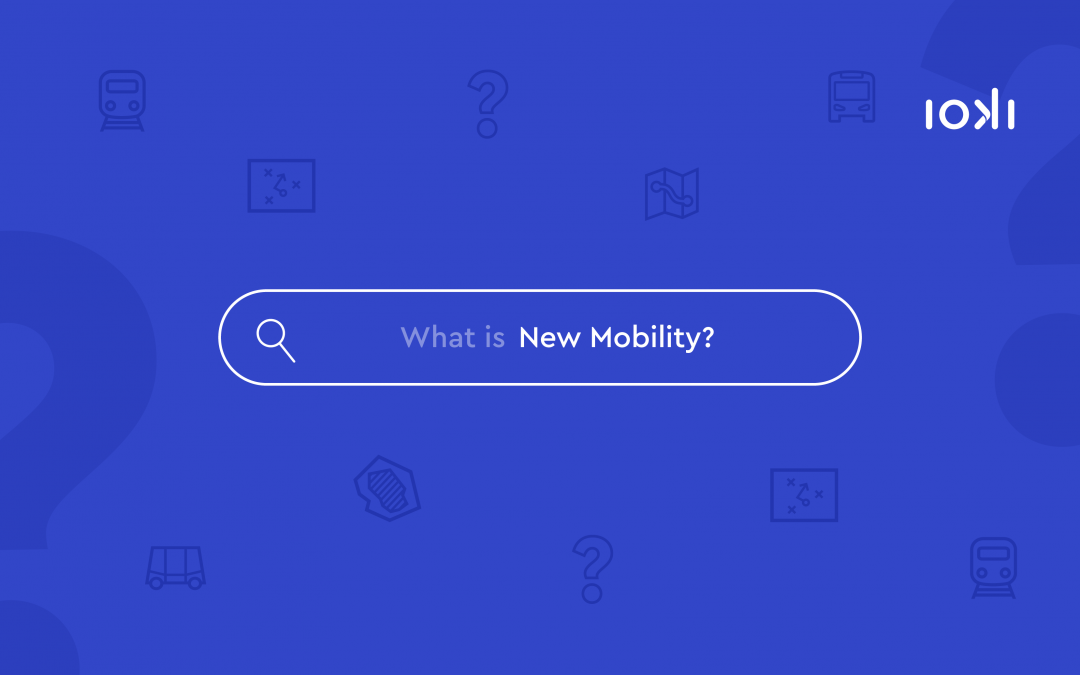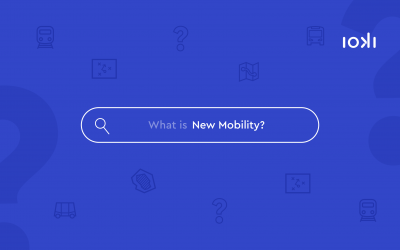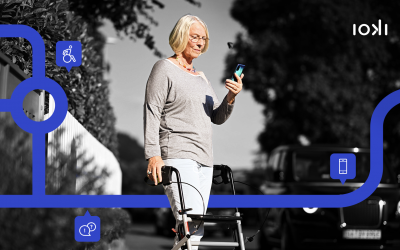You completed a double master’s degree in innovation management and business development at the Copenhagen Business School. A master’s program in which the focus is on creating innovation. What do you think, how innovative is the mobility industry?
The mobility industry has come a long way and you can see how much has happened as a result of the changes in the automotive industry in recent years. The management knows that it has to invest in innovation. When I started at Volkswagen in Wolfsburg eight years ago, the perception was quite different. The willingness to innovate was low.
The change is also linked to an increased demand for sustainability in mobility, not only from the political side but also from the customer side. The car is no longer seen as a status symbol; other aspects, such as environmental friendliness, are becoming increasingly important. As a result, innovations in the automotive sector are moving more into focus. People need new business models and are willing to invest money in them. The mobility industry benefits from a self-reinforcing effect: Car sharing shows that not everyone needs their own car. Maybe you can also share other things and thus reduce the overall demand?
You see road freight transport as one of the most important factors in our economy. In your opinion, what economic and political parameters still need to be adjusted to ensure that your work can continue to progress?
The industry consists of three major players: 1) The carrier; he ensures that the goods are transported from A to B. 2) The shipper; all companies that want goods transported from A to B. And 3) the Logistics Service Provider (LSP); he makes sure that the other two players can coordinate with each other.
In this system, the carrier is always at the bottom of the food chain. At the top of the food chain is the shipper. He has the money and the responsibility for the sustainability of his value chain. Only when the shipper invests in more sustainability will the carrier be able to go digital and thus save CO2 emissions and time as well as increase efficiency. The solution for a sustainable road transport industry therefore has two aspects; firstly, the industry needs a higher degree of digitisation and secondly, this needs to be achieved through a collaborative approach between all players in the industry (including politicians and users). Politicians must set the course and create the legal framework. They must do what they can to prioritise the issue on the political agenda.
Tracks uses Artificial Intelligence to improve its customers fuel and emissions management and thereby reduce costs. How exactly can this be achieved?
Our platform is a software for logistics customers, for freight forwarders and fleet operators, to better manage the emissions and fuel consumption of their fleets.
We use artificial intelligence for this purpose. Artificial intelligence works with the data we receive from the telematics systems of the trucks. These systems are already installed in every truck and measure factors such as speed and load. By aggregating this data, we have trained our algorithm, which is now able to map a « digital twin » for each truck individually. This digital twin is an image of the physical truck and the benchmark for the most efficient way to drive a particular route. The truck is always compared only with itself, not with other trucks or other routes. Our aim is to ensure that each truck achieves the optimum possible for itself. Our Artificial Intelligence makes recommendations on how to optimize a journey to use less fuel and thus emit less CO2.
During your time at the Volkswagen Group, you conducted futurology research for over five years and made forecasts on the development of mobility. What would you say today, which mobility structures will change the most as a result of the mobility revolution over the next three years?
There will be more sharing offers and we will move away from the car as a status symbol. Many services will be democratised. This means that a small company in Denmark will be able to set up a car-sharing operator and at the same time expand the range of services in Rotterdam. That is a step away from the manufacturers position of power. This development will not take place in Asia for the time being, where the car will continue to be seen as a status symbol.
All in all, individual transport will change the most, to the extent that more emphasis is placed on green concepts. The focus will clearly be on sustainability. The Danes don’t ride a bicycle because they are sports fanatics, but because it is the fastest way. So we need alternatives that are faster, and preferably greener, than cars. This is a task for governments: Develop public transport, make it cheaper and faster, and move away from private transport.



